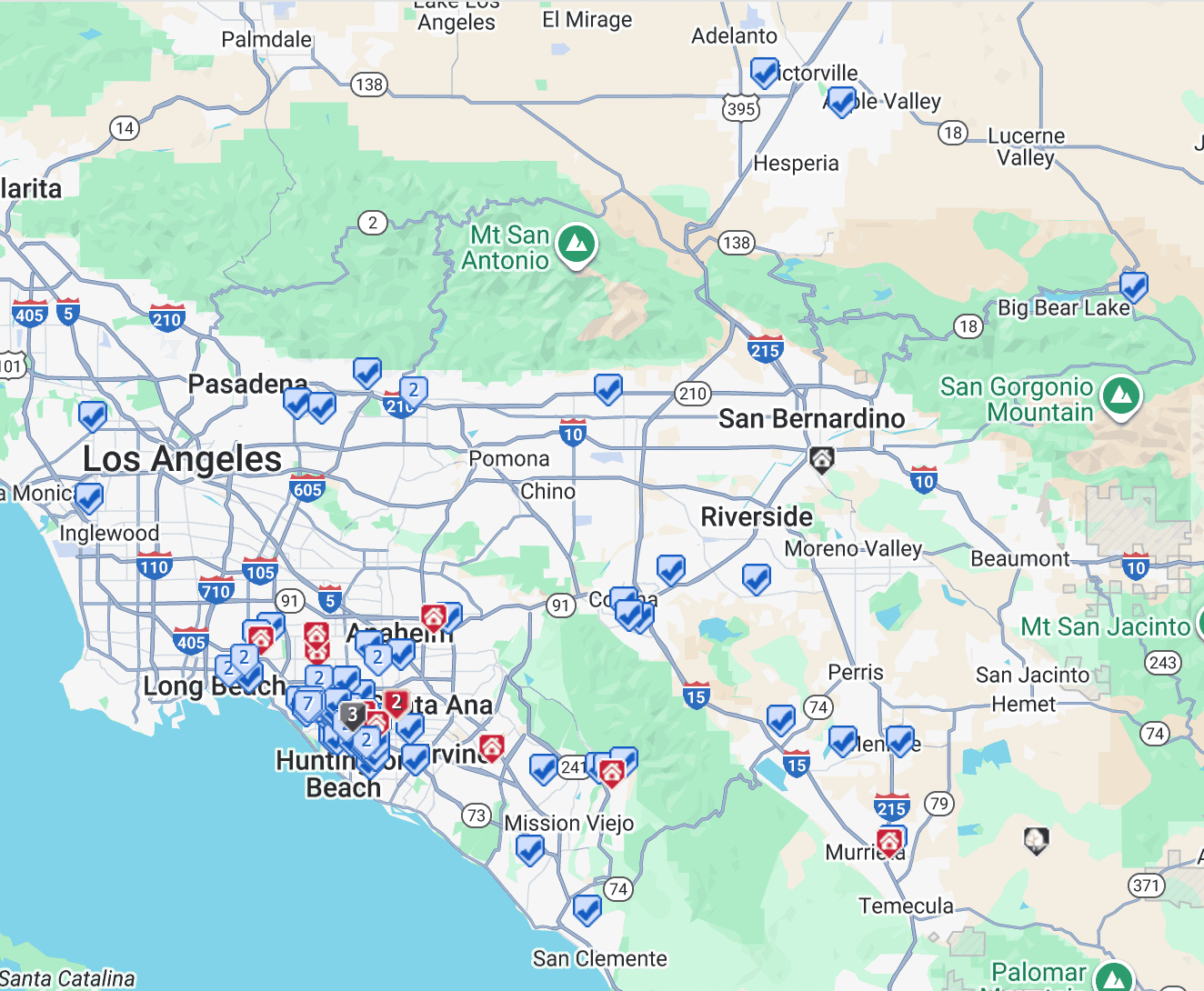
Navigating the legal system can feel overwhelming, especially when it comes to terms like conservatorship, guardianship, and receivership. These legal arrangements serve distinct purposes in California, each designed to protect individuals or assets in specific situations. Whether you're planning for a loved one’s care or dealing with a financial dispute, understanding these terms is crucial. In this blog post, we’ll break down what each one means, how they differ, and when they might apply.
What is Conservatorship?
A conservatorship is a court-ordered arrangement where a person (the conservator) is appointed to manage the affairs of an adult (the conservatee) who cannot make decisions due to mental or physical incapacity. This might include someone with dementia, a severe mental illness, or a developmental disability.
Types of Conservatorships
Conservatorship of the Person: Focuses on personal needs, like healthcare, housing, and daily care.
Conservatorship of the Estate: Handles financial matters, such as paying bills, managing investments, or selling property.
General vs. Limited: General conservatorships are for adults with significant impairments, while limited conservatorships are tailored for adults with developmental disabilities who need partial support.
Example
Imagine an elderly parent with Alzheimer’s who can no longer manage their finances or make medical decisions. A court might appoint their adult child as a conservator to ensure their bills are paid and they receive proper care.
What is Guardianship?
A guardianship is similar to a conservatorship but applies to minors (children under 18) whose parents are unable to care for them due to death, incapacity, or other reasons. A guardian steps in to provide care and make decisions for the child.
Types of Guardianships
Guardianship of the Person: Covers the child’s daily needs, such as education, healthcare, and living arrangements.
Guardianship of the Estate: Manages the child’s financial assets, like an inheritance or trust.
Example
If a child’s parents pass away unexpectedly, a grandparent or close relative might petition the court to become the child’s guardian, ensuring they have a stable home and their inheritance is protected until they reach adulthood.
What is Receivership?
A receivership is quite different—it’s not about caring for people but about managing property or assets during legal disputes or financial difficulties. A court appoints a neutral third party (the receiver) to take control of specific assets, such as a business, real estate, or funds, to preserve or distribute them according to the court’s orders.
When is Receivership Used?
Receiverships are common in cases like:
Business bankruptcies, where a receiver manages assets to pay creditors.
Divorce proceedings, where a receiver oversees a shared business or property.
Lawsuits involving disputed property, ensuring it’s protected until the case is resolved.
Example
Suppose two business partners are in a heated dispute, and their company is at risk of collapsing. A court might appoint a receiver to run the business temporarily, ensuring it stays operational while the legal issues are sorted out.
Key Differences Between Conservatorship, Guardianship, and Receivership
Here’s a quick comparison to clarify how these arrangements differ:
Aspect | Conservatorship | Guardianship | Receivership |
|---|---|---|---|
Who It Protects | Adults unable to care for themselves | Minors (under 18) | Property or assets |
Purpose | Manage personal/financial affairs of an adult | Care for a child and/or their property | Manage/preserve property in disputes |
Typical Cases | Dementia, mental illness, disability | Parental death, incapacity, or unfitness | Bankruptcy, litigation, business disputes |
Court Role | Approves and monitors conservator | Approves and monitors guardian | Appoints and oversees receiver |
How Are These Arrangements Set Up in California?
All three processes involve the California court system and require a formal petition, evidence, and a hearing. Here’s a quick overview:
Conservatorship and Guardianship: Governed by the California Probate Code, these require proving the individual (adult or minor) needs assistance. The court oversees the conservator or guardian’s actions through regular reports.
Receivership: Governed by the California Code of Civil Procedure, receiverships are typically initiated during lawsuits or financial disputes. The receiver acts under court direction to manage assets impartially.
Each process can be temporary or ongoing, depending on the circumstances. For example, a conservatorship might be temporary for someone recovering from a serious injury, while a receivership ends once a legal dispute is resolved.
Why This Matters
Understanding these legal tools can help you make informed decisions for yourself or your loved ones. For instance:
If you’re caring for an aging parent, a conservatorship might be necessary to ensure their needs are met.
If you’re raising a niece or nephew after a family tragedy, guardianship could provide the legal authority you need.
If you’re entangled in a business dispute, a receivership might protect valuable assets from being mismanaged.
Next Steps
If you think one of these arrangements might apply to your situation, consult a qualified attorney who specializes in California probate or civil law. They can guide you through the petition process and ensure compliance with court requirements. You can also visit the California Courts website for forms and resources on conservatorships, guardianships, and receiverships.
If you need any help or guidance do not hesitate to reach out. Simply send us a message or book an appointment.








